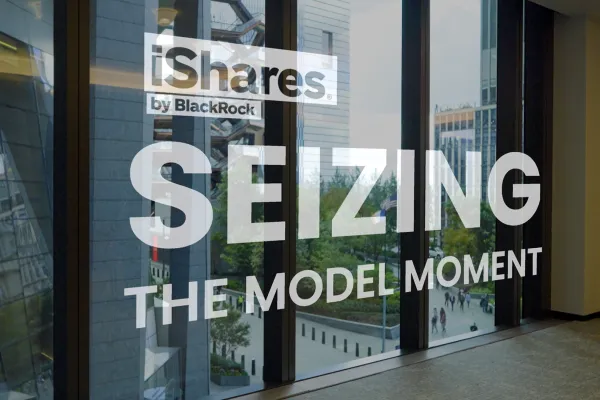It’s the story many powerful figures in finance have been dreading: New York magazine yesterday published an exposé by Kevin Roose that won’t exactly bolster the already tarnished image of the 1 percent. In January 2012, Roose sneaked into the annual dinner for Kappa Beta Phi, a Wall Street secret society whose membership consists of Wall Street legends past and present and which Roose describes as “a sort of one-percenter’s Friars Club.”
Private equity legend Wilbur Ross presided over the festivities, held at Manhattan’s posh St. Regis hotel, Roose writes. The evening’s events included the induction of several new members — or “neophytes” — who were made to dress in drag, donning gold-sequined skirts and leotards, according to Roose. Among the new inductees were Marc Lasry, founder of the distressed-focused hedge fund and private equity firm Avenue Capital Group; Joshua Friedman, co-founder of Canyon Capital Partners; and Keith Meister, a Carl Icahn protégé and founder of the activist firm Corvex Management. They are in elite company: Kappa Beta Phi’s membership includes Michael Bloomberg, Robert Benmosche, Vikram Pandit, Robert Rubin and Tudor Investment Corp. founder Paul Tudor Jones II, Roose reports (a list of members was published on the magazine’s website).
“All told, enough wealth and power was concentrated in the St. Regis that night that if you had dropped a bomb on the roof, global finance as we know it might have ceased to exist,” Roose writes. The evening’s festivities also included off-color jokes and song-and-dance numbers that made light of the financial crisis and hefty Wall Street bonuses. The episode is explored in more detail in Roose’s book, Young Money: Inside the Hidden World of Wall Street’s Post-Crash Recruits.
—
Despite last year’s disappointing hedge fund performance — the average fund gained 9.24 percent last year, according to industry tracker Hedge Fund Research — investors plan to nearly triple the amount of money they invest in these funds this year, according to new research from Deutsche Bank. The investors surveyed said they plan to allocate a total of $171 billion of net new money into hedge funds this year, and they are expecting hedge funds to generate $191 billion in performance gains. Hedge funds took in $63.7 billion last year, according to HFR, and managed a total of $2.6 trillion through the end of the year. Deutsche Bank’s survey, first published on Bloomberg polled 413 investors managing $1.8 trillion in hedge fund assets.
—
George Soros is still bearish on the economy, at least judging by his portfolio. The former hedge fund manager, who closed Soros Fund Management and his famous Quantum fund to outside investors in 2011, drastically increased the amount of put options on an ETF that tracks the S&P 500, according to the Wall Street Journal’s MoneyBeat blog. Soros owned put options on 7.1 million shares of the SPY ETF, compared with 2.8 million shares at the end of the third quarter. The position’s value jumped to $1.3 billion from $470 million and is now the largest position in his portfolio, comprising 11.1 percent of his fund’s holdings. The S&P 500 gained 30 percent last year but swooned in January. It has recently picked up, however: After a rough start to the year, the index is now within striking distance of its all-time high.
—
Alpha editor Michael Peltz appeared on CNBC Tuesday morning to discuss Alpha’s annual Hedge Fund Report Card ranking. Silver Point Capital landed at No. 1 this year, followed by Third Point, Adage Capital Management, Elliott Management Corp. and Citadel.




